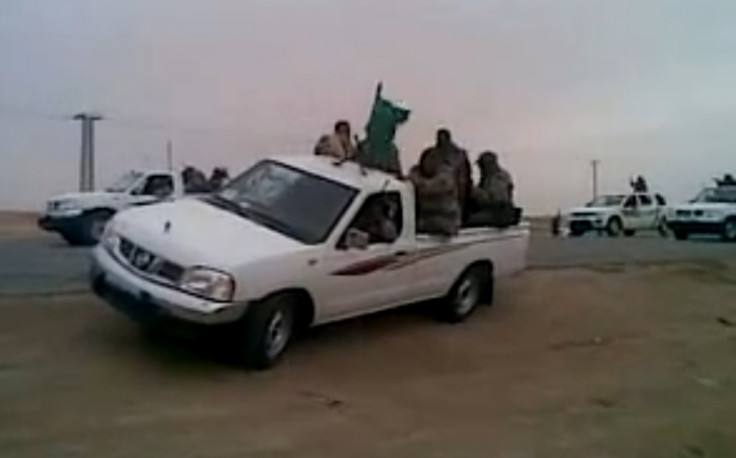Nigeria: Boko Haram Kidnaps 30 Children and Kills 17 in Borno State
Attacks were made after a ceasefire was announced by the government

At least 30 children have been kidnapped by suspected members of terror group Boko Haram.
The mass abduction took place in Borno state, northern Nigeria, where 220 schoolgirls were kidnapped by the militants last April.
The children went missing from the village of Mafa, 50km (31 miles) from the capital Maiduguri, following an attack carried out on Thursday (23 November).
However, news of the kidnapping was only reported on the evening of Sunday (26 October).
"The insurgents… grabbed young people, boys and girls, from our region," lhaji Shettima Maina, head of the local government in Mafa district, told news agency Reuters.
"Once they invade a community, they [the insurgents] abduct all boys aged 13 years and above and take them to their base. They also abduct all girls aged 11 years and above."
Who are Boko Haram militants?
Boko Haram, which fights against Western influence in Nigeria and aims to impose its version of sharia law in the country, declared an Islamic caliphate in Gwoza, along the Cameroon border, in August 2014.
The group has been raiding several cities in the north of the country in a bid to take control of more land.
Borno, Yobe, and Adamawa states, where the militants usually carry out their attacks, have been under a state of emergency since May 2013.
Violence linked to Boko Haram's insurgency has resulted in an estimated 10,000 deaths between 2002 and 2013.
The attack on Mafa village resulted also in the death of 17 people.
"We buried the remains of the victims in Mafa on Friday," Maina said.
According to officials, the attacks were carried out by bandits who posed as Boko Haram members and by dissident factions within the terror group.
Last week, Boko Haram kidnapped at least 25 teenage girls in the villages of Waga Mangoro and Garta in Adamawa state, only a few days after another 40 women were abducted in Wagga village.
The recent attacks and mass abductions followed claims by the Nigerian government that it had reached a ceasefire with the terror group.
However, anti-terrorism experts said a truce cannot be confirmed until Boko Haram's leader, Abubakar Shekau, releases an official statement regarding the ceasefire.
Others argued that Boko Haram is so fragmented that one group could have agreed to the ceasefire while others have continued to conduct attacks.
General Jean-Pierre Palasset, head of France's Operation Barkhane – which focusses on fighting Islamic militants in the Sahel, and carrying out surveillance work on Boko Haram whose stronghold is less than 100km away from its base – believes that the terror group "is showing signs of weakening".
He said in an interview that Maiduguri had been at risk of falling into the insurgents' hands last month, but he felt the situation had stopped deteriorating since then.
"The pressure's coming off near Maiduguri," Reuters quoted him as saying at the French military headquarters for the region in Chad's capital, N'Djamena.
© Copyright IBTimes 2025. All rights reserved.






















